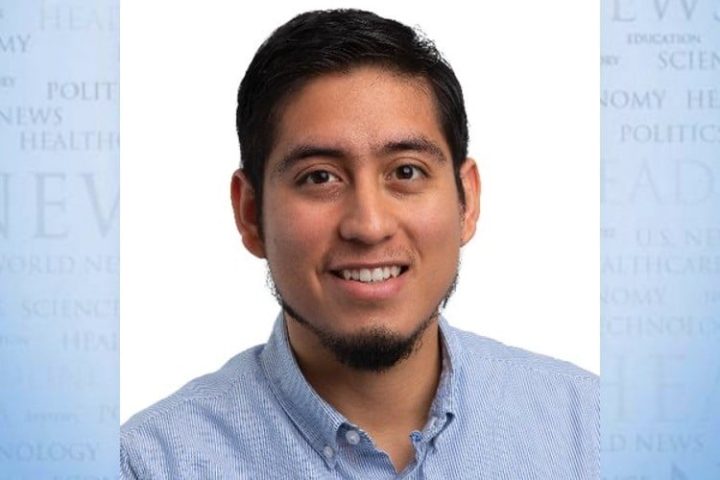
While Americans have long been taught a model of governance based around three branches — legislative, federal, and judicial — that paradigm is limited in its ability to fully explain the origin, use, and division of power in the United States. So long as the people lack a comprehensive understanding of these concepts, they will continue to be at the mercy of those who seek to accumulate power for themselves at the expense of the greater body politic.
It is widely understood that, in the United States, the federal government and state governments are structured into a republican system that separates responsibilities and authority into three branches. Congress and state legislatures possess the legislative power to make law, the president and state governors possess the executive power to implement and enforce the law, and the federal and state court systems possess the judicial power of administering justice.
The role of the judiciary has long been controversial, and some argue that, contrary to the popular notion, the judicial branch is not intended to be as powerful as the executive and legislative branches, nor is it supposed to “interpret” the law; rather, the argument goes, the judicial branch is a subset of the executive power, and courts must limit themselves to ruling in accordance with law as written, not create new policy with “interpretation” as a justification.
This argument aside, the paradigm of the three branches of government in the basic form that constitutes virtually all the knowledge that the average American has on the subject of the U.S. government is incomplete, failing to look at the full scope of the workings of power and the shaping of the nation’s political life. It is not wrong, but it does not tell the entire story.
This model has a limited view because it looks only at the formal organs of government while ignoring the myriad institutions that wield power in American society — often more than politicians do.
The faults of having such a restricted perspective are apparent when it comes to civics education — the very studies aimed at preparing a student for becoming an effective and responsible citizen — that most Americans receive. Most history textbooks focus on the passage of laws and the deliberations of politicians.
But that focus leaves the student with a glimpse into political history that is the equivalent of the tip of the iceberg, for it leaves out the individuals and activities behind the politics, such as the identities of the financiers who propped up the politicians. By omitting discussion of the financial powers, textbooks deprive students of knowledge of the figures who were truly responsible for public policy and for whom the politicians merely served as puppets.
American citizens should be equipped with an understanding of civics that goes beyond legislative, executive and judicial. They should learn that the political system is much more pluralistic and dynamic. In reality, there are a number of institutions that simultaneously work together and compete against each other for power, that at once advance their own, institutional interests while also furthering the interests of the individuals and groups that dominate them.
The media is commonly referred to as the “fourth estate” because of its role in shaping the actions of public policymakers and holding the government accountable. There is truth in this assessment. But the “estates” do not end with the media. The entities that thrive for power in American society also include churches, universities, businesses, unions, activist groups, and wealthy individuals.
And they also include the bureaucracy, the military, and law enforcement. This is a point of divergence between the more ample concept of power in America and the traditional model. Whereas a basic understanding would view the above three institutions merely as organs of the executive branch, the reality is that they often work independently of the elected executive and pursue their own interests.
This is clearly seen with the federal bureaucracy, which is stacked with career civil servants who are largely unaccountable to the president and deliberately try to sabotage White House directives if they goes against their own particular agenda. The Pentagon does the same; so do many police departments, which (aided by police unions and related interest groups) wield enormous influence over politicians in their communities, even though the police are ostensibly supposed to follow the orders of elected officials.
One of the reasons Americans have been saddled with an incomplete paradigm of governance is that educators have operated off of an idealized understanding of the origin and flow of political power. Ideally, as America’s founding documents tell us, the government’s power comes from the people, which in turn is based on natural rights given by God. This is arguably true philosophically as regards rights of the governed. And it is from this notion that the three branches model arises, for those three branches are all ultimately answerable to the electorate — the legislative and executive directly, the judicial (at least at the federal level) indirectly.
But from a realpolitik perspective, it is a naive and rose-colored notion. The truth is that politicians may pay lip service to the people, but they, in fact, act at the behest of any one or more of the above-mentioned institutions — normally whichever one of them is giving the politician campaign money and a promise of a lucrative job upon leaving office.
Political decisions are usually decided by power-brokers such as George Soros or the Koch Brothers, or by networks such as the Council on Foreign Relations, which exerts influence by indoctrinating ambitious, intelligent individuals in the principles of left-wing globalism and then arranging for these individuals to assume important positions in the corporate, governmental, journalistic, and academic worlds.
If Americans want to see a real restoration of their liberties, they must become familiar with the power behind the throne.




